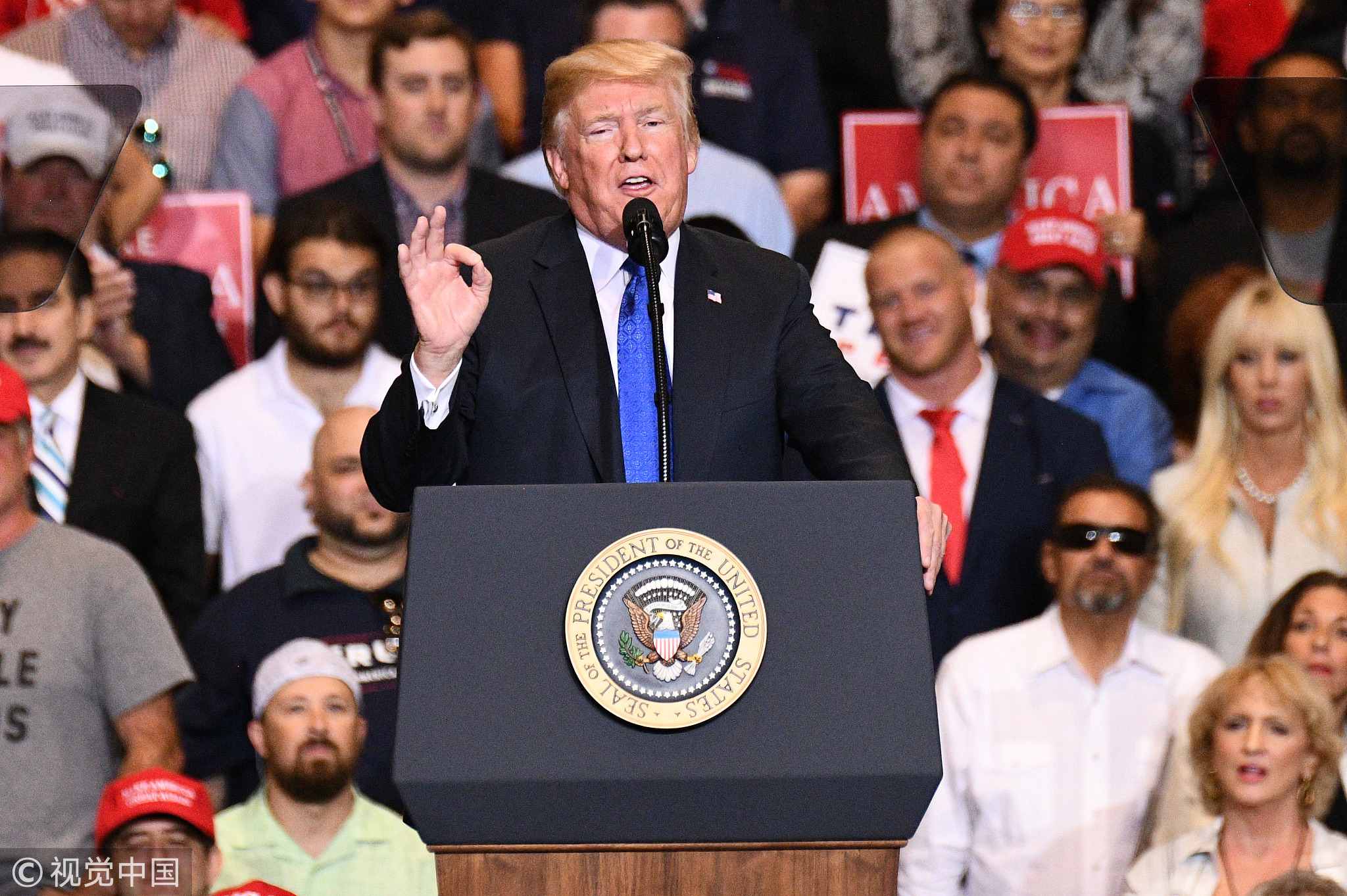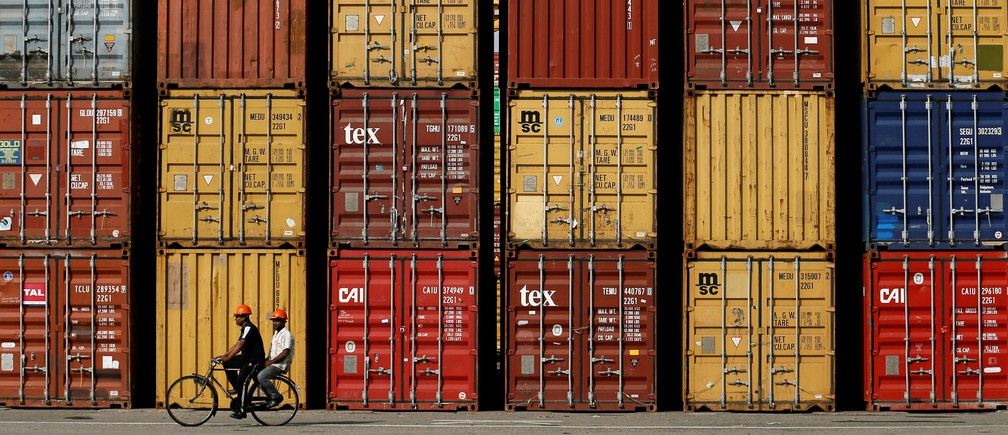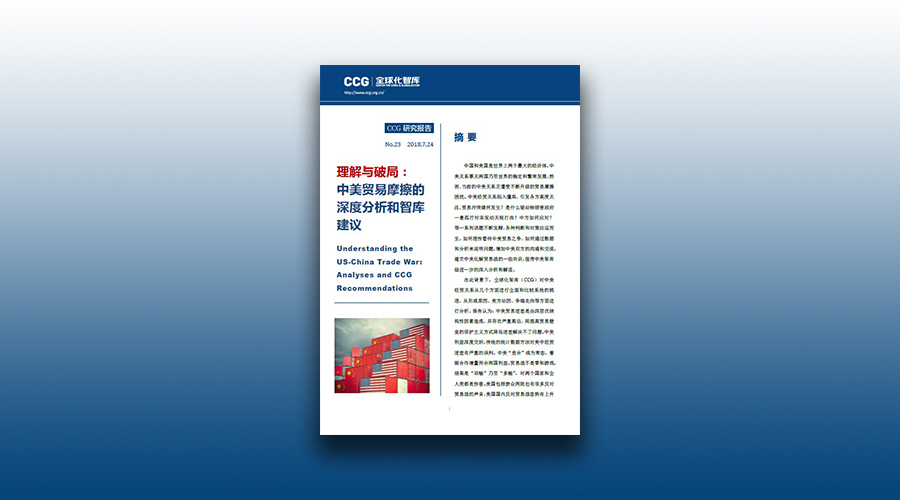Global governance, international organizations, regional cooperation and the Belt and Road Initiative (BRI) are key subjects of CCG's globalization research. As China's first think tank named and dedicated to globalization, CCG founded the China and Globalization Forum and contributes to international discussions related to globalization. It has organized seminars under themes such as WTO reform, multilateral governance, and the BRI. CCG was the first body to hold a BRI-themed event at the Munich Security Conference, a world-leading conference in the field of international security and governance.
Based on years of research in the field of globalization, CCG has published numerous research reports and books, including Win-Win International Cooperation and Path to Achievement of the Belt and Road, Globalization and Anti-Globalization and What’s Next for Globalization? Great Changes and China’s Proposed Approaches. The Handbook on China and Globalization published by Edward Elgar Publishing is one of the few books published in English by a Chinese think tank with an authoritative international academic publisher. Two of the CCG's initiatives were selected for inclusion in the first Paris Peace Forum, pioneering a new model for Chinese think tanks to fully participate in global governance and international cooperation. In addition, CCG has long-term cooperation with the WTO, UN, OECD, World Bank, IMF and many other international organizations, international think tanks and related institutions.
-

Andy Mok: Black Friday and 11.11: A tale of two (shopping) holidays
Black Friday, the Friday following Thanksgiving, is a well-established tradition in the United States. It marks the start of the Christmas shopping season, which is vitally important for American retailers. The color black is typically associated with calamities, especially financial ones such as stock market crashes. But in this instance, black has a positive meaning. While there are several different origin stories for the name “Black Friday,” since the 1980s it has become commonly accepted that the name marks the time when these retailers move from being in the red (meaning losing money) to be in the black (being profitable).
December 06 , 2018 -

Harvey Dzodin: US should be working, not warring, with China and others
US President Donald Trump is on record saying that "trade wars are good and easy to win" and that he’s a "very stable genius." With his imposition of 200 billion US dollars in tariffs on Chinese exports to the US effective this past Monday, we can conclusively add these two statements to the thousands of documented fake "facts" that Trump has made.
September 26 , 2018 -

Laurence Brahm: Going to America
Laurence Brahm, first came to China as a fresh university exchange student from the US in 1981 and he has spent much of the past three and a half decades living and working in the country. He has been a lawyer, a writer, and now he is Founding Director of Himalayan Consensus and a Senior International Fellow at the Center for China and Globalization.
September 21 , 2018 -

Cheng Shuaihua: 3 things the G20 can do to save the WTO
This week, trade and investment ministers from the G20 will gather at Mar del Plata in Argentina for the first time since the tariff dispute started in the spring of 2018.
September 14 , 2018 -

CCG Report | Understanding the US-China Trade War: Analyses and CCG Recommendations
PDF Download
July 25 , 2018


